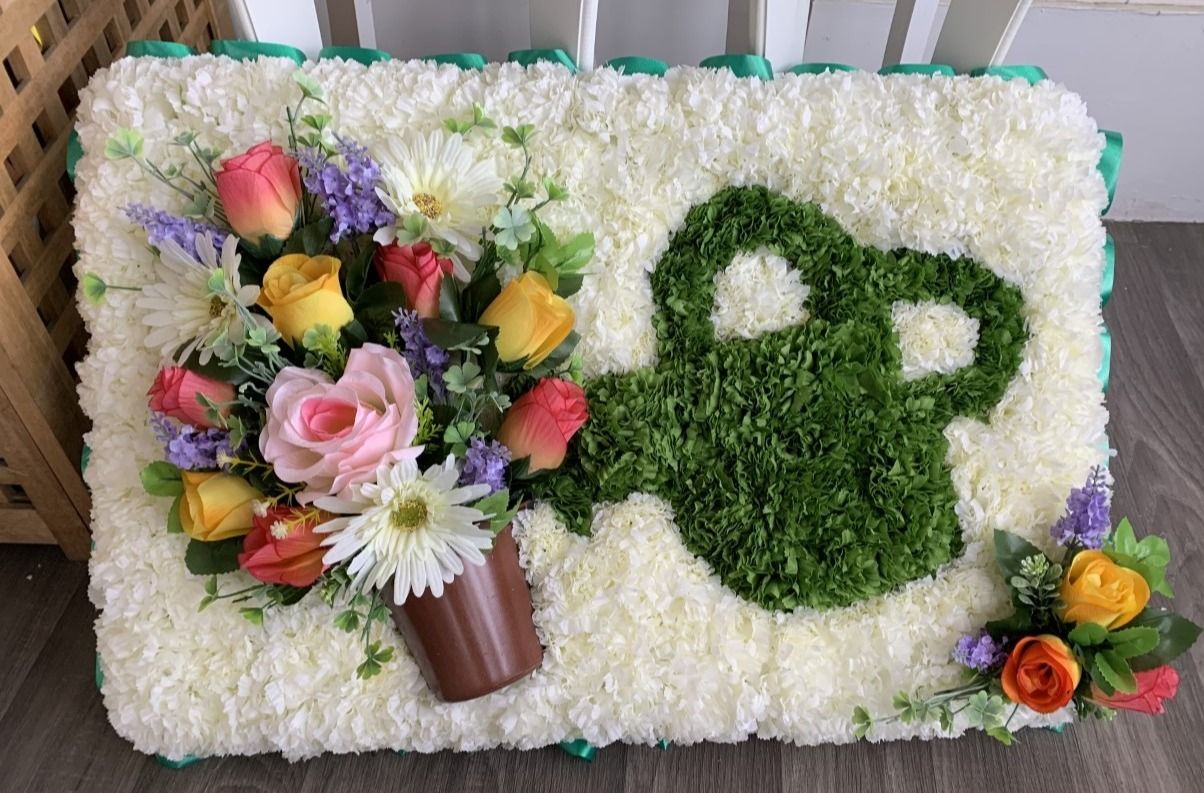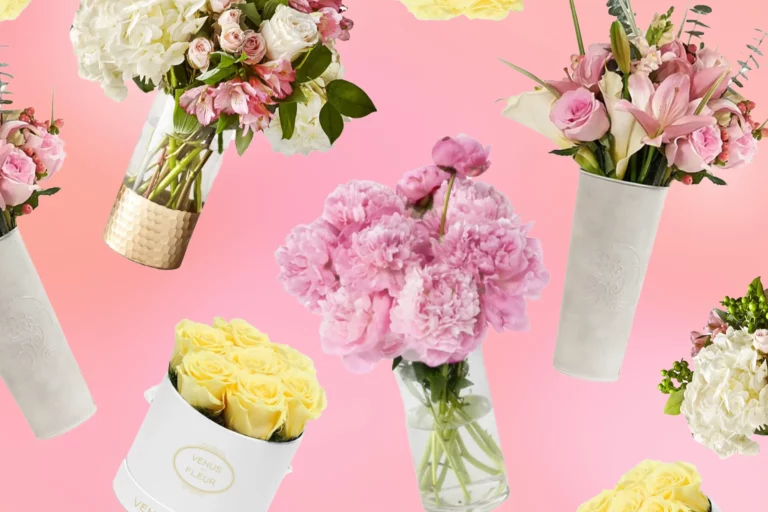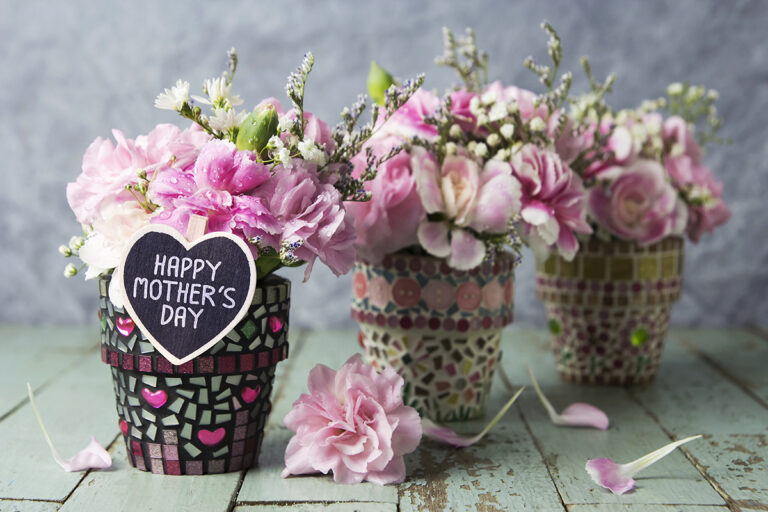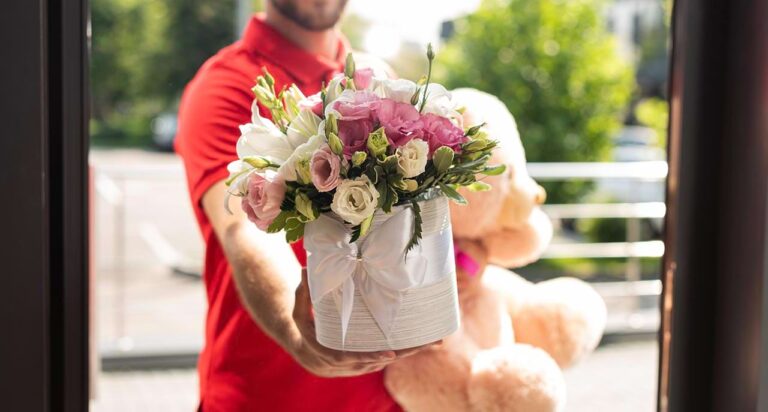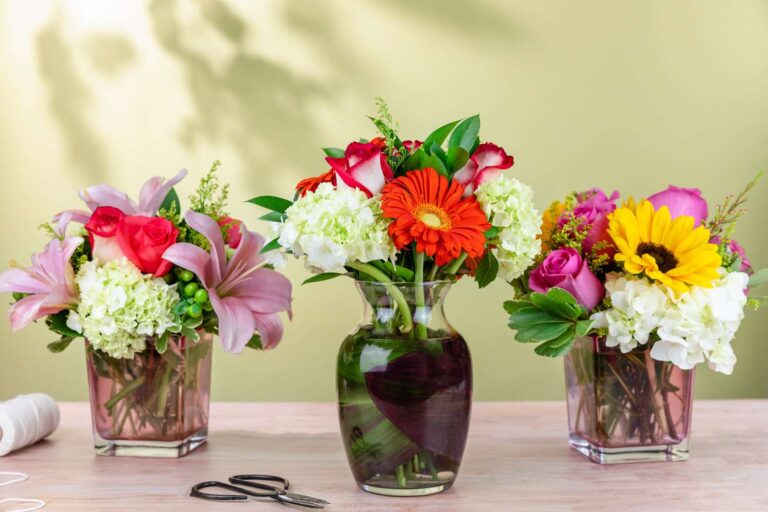In Memoriam: The Art and Etiquette of Sending Funeral Flowers
In times of loss and sorrow, funeral flowers have long served as a way to express condolences, honor the departed, and provide comfort to grieving loved ones. This tradition dates back centuries and continues to be a meaningful gesture in various cultures around the world. Understanding the historical significance and symbolism behind funeral flowers can aid in selecting the appropriate arrangements to pay tribute to the deceased.
Understanding the Tradition of Funeral Flowers
The tradition of funeral wreaths has deep historical roots and holds significant meaning in memorial services. Throughout ancient civilizations, flowers were believed to possess spiritual qualities that could guide the souls of the departed to the afterlife. For example, in ancient Egypt, floral arrangements were carefully chosen and buried with the deceased to ensure a smooth transition into the next world. This practice was seen as a way to provide comfort and support to the departed on their journey.
In medieval Europe, funeral flowers served a practical purpose as well. During funeral processions, flowers were used to mask the odor of decaying bodies, which was a common concern in those times. The fragrant blooms not only provided a more pleasant experience for mourners but also added a touch of beauty and reverence to the somber occasion.
Historical Significance of Funeral Flowers
Funeral flowers have played a significant role in memorial services throughout history. Ancient civilizations believed that flowers had spiritual qualities and could guide the souls of the departed to the afterlife. In ancient Egypt, floral arrangements were buried with the deceased to ensure a smooth transition into the next world. In medieval Europe, flowers were used to mask the odor of decaying bodies during funeral processions.
Symbolism Behind Different Flowers
Each flower carries its own symbolism and meaning, making it crucial to choose the right ones to convey the desired sentiment. Lilies, often associated with purity and rebirth, are a popular choice for funeral arrangements. Their elegant and serene appearance brings a sense of peace and comfort to the mourning environment. Roses, with their diverse range of colors, can symbolize love, respect, or remembrance. The red rose, in particular, is often used to express deep love and sorrow for the departed.

Chrysanthemums hold great significance in Asian funeral ceremonies. They are commonly displayed as a symbol of grief and honor. In countries like Japan, chrysanthemums are associated with death and are used exclusively for funerals. These beautiful flowers are seen as a way to pay respects to the deceased and show deep reverence for their life.
By understanding the various meanings attached to flowers, one can create a personalized arrangement that truly reflects the life and spirit of the departed. Whether it is a vibrant bouquet of sunflowers to celebrate a life filled with joy or a serene arrangement of white lilies to signify purity and peace, funeral flowers serve as a meaningful tribute to honor and remember the deceased.
Choosing the Right Funeral Flowers
When faced with the task of selecting funeral flowers, it is important to consider several factors. These factors go beyond mere aesthetics and delve into the realm of cultural and religious traditions, personal preferences, and the relationship you had with the deceased.
One of the primary considerations when choosing funeral flowers is the cultural and religious background of the deceased and their family. Different cultures and religions have varying traditions and customs when it comes to funeral arrangements. For example, in some cultures, white flowers are preferred as they symbolize purity and peace, while in others, vibrant and colorful flowers are chosen to celebrate the life of the departed.
Personal preferences also play a significant role in the selection process. Did the deceased have a favorite flower? Did they have any specific colors they were fond of? Taking these personal preferences into account can add a touch of individuality and thoughtfulness to the floral arrangements.
Furthermore, the relationship you had with the deceased should be considered when choosing funeral flowers. If you were a close family member or a dear friend, you may want to select flowers that hold a special meaning or significance to both you and the departed. This personal touch can help convey the depth of your emotions and the bond you shared.
It is crucial to be mindful of any specific guidelines or restrictions imposed by the funeral home or the family regarding flower selections and arrangements. Some funeral homes may have restrictions on certain types of flowers due to allergies or cultural considerations. Additionally, the family may have requested a particular theme or color scheme for the funeral, and it is essential to respect their wishes during this difficult time.
Popular Choices and Their Meanings
When it comes to funeral flowers, there are several popular choices that hold deep symbolism and meaning. As mentioned earlier, lilies are often favored for their symbolism of purity and rebirth. These elegant flowers can provide a sense of peace and tranquility in the midst of grief.
White roses are another popular choice for funeral arrangements. They convey deep respect and innocence, making them a fitting tribute to the departed. The pristine beauty of white roses can bring solace and comfort to grieving hearts.
Red roses, on the other hand, symbolize love and admiration. They can be a powerful way to express the profound love and affection you had for the deceased. The vibrant hue of red roses can serve as a reminder of the enduring love that will forever remain.
Carnations are a versatile option that can express a range of sentiments. These flowers come in various colors, each carrying its own significance. Red carnations represent love and affection, while white carnations symbolize pure love and innocence. Pink carnations are often associated with remembrance and gratitude. Choosing carnations allows you to convey your emotions in a personalized and heartfelt manner.
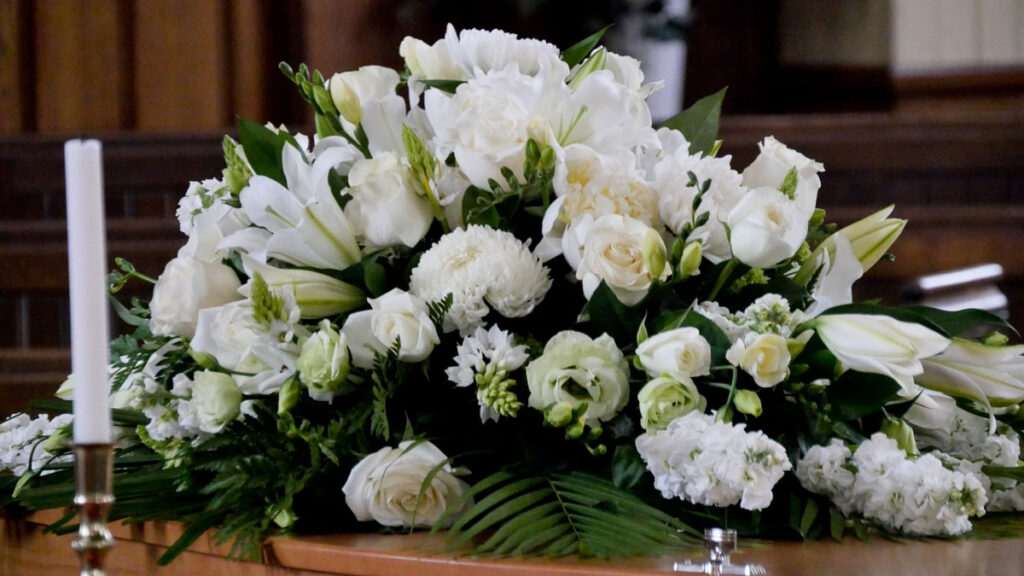
In addition to lilies, roses, and carnations, there are other flowers commonly used for funeral arrangements. Orchids, with their delicate beauty, can represent eternal love and beauty. Gladioli, with their tall and majestic appearance, symbolize strength and moral integrity. Daisies, with their simplicity and innocence, can evoke feelings of purity and serenity.
When selecting funeral flowers, it is important to choose blooms that not only reflect the personality and preferences of the departed but also provide comfort and solace to those left behind. Each flower holds its own unique symbolism, allowing you to convey your emotions and pay tribute to the life that was lived.
The Etiquette of Sending Funeral Flowers
The act of sending funeral flowers is a deeply ingrained tradition that dates back centuries. It is a gesture of respect and sympathy, offering solace to the bereaved during their time of grief. While the practice itself may seem straightforward, there are certain customs and etiquette to be observed when sending funeral flowers.
When to Send Funeral Flowers
Timing is of utmost importance when it comes to sending funeral flowers. As soon as you learn about the passing of a loved one, it is customary to send your condolences promptly. This demonstrates your support and shows the family that you are there for them during this difficult time.
Funeral flowers can be sent to various locations, including the funeral home, the church where the service will be held, or even the family’s residence. Each option carries its own significance, and it is essential to consider the family’s preferences or any specific instructions provided by them.
If you are unable to attend the service in person, sending flowers is a thoughtful way to express your sympathy and offer comfort from a distance. It allows the family to feel the presence of your support, even if you cannot physically be there.
Addressing the Card: What to Write
Accompanying the funeral flowers, it is customary to include a condolence card that expresses your sympathy and offers words of comfort to the grieving family. The card serves as a personal touch, showing that you are thinking of them during this challenging time.
When writing the message, it is important to keep it brief and sincere. Acknowledge the loss and express your deepest condolences. If appropriate, you may also share fond memories or stories that highlight the positive impact the deceased had on your life.
Avoid using generic phrases or clichés, as they may come across as insincere. Instead, personalize your message based on your relationship with the deceased and the family. This will make your condolences more meaningful and heartfelt.
Remember, the purpose of the card is to provide comfort and support to the grieving family. Your words can offer solace during their time of sorrow and remind them that they are not alone in their grief.
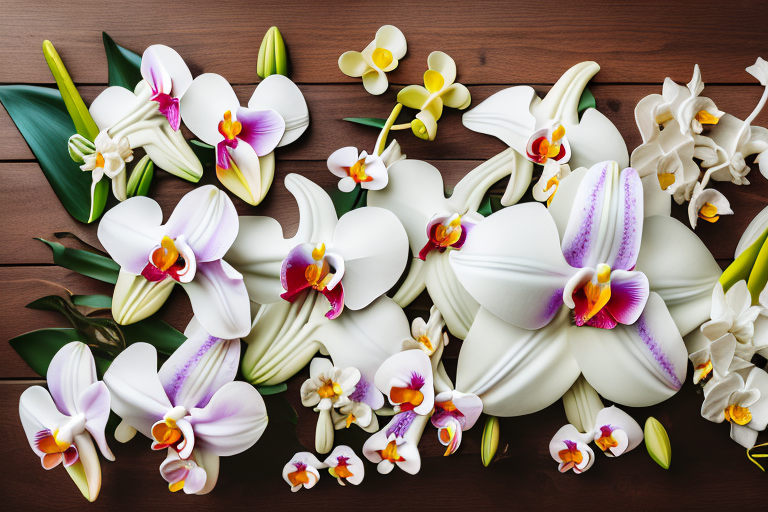
Arranging and Presenting Funeral Flowers
Basic Principles of Floral Arrangement
Creating a meaningful and visually appealing funeral flower arrangement requires careful consideration of the basic principles of floral design. Balance, harmony, and proportion are essential elements to keep in mind. Additionally, use the color palette and flower symbolism to convey the intended emotions and sentiments. Whether opting for a traditional wreath, a casket spray, or a standing spray, consulting with a professional florist can provide guidance in understanding various arrangement styles and techniques.
Delivery Options and Considerations
Once the floral arrangement is ready, it is crucial to consider the most appropriate delivery options. If the flowers are to be displayed at the funeral service, coordinating delivery with the funeral home is essential. If the flowers are intended for the family’s residence, confirming a convenient delivery time is advisable. It is important to ensure that the flowers are appropriately cared for and that any specific instructions for setup or display are communicated to the recipient.
Alternatives to Funeral Flowers
Charitable Donations in Lieu of Flowers
While funeral flowers remain a traditional choice, some individuals may prefer alternative gestures that honor the deceased. In lieu of flowers, making a charitable donation to a cause or organization dear to the departed or their family can be a meaningful way to show support. Before making a donation, it is thoughtful to inquire with the family to determine any preferred charities or causes.
Other Sympathy Gifts and Gestures
There are several other sympathy gifts and gestures that can offer solace during times of loss. This may include preparing a home-cooked meal for the grieving family, offering assistance with practical tasks, or simply being present to listen and provide emotional support. Beyond material gestures, showing genuine care and compassion is often the most comforting gift one can offer during this difficult period.
In Conclusion
The art and etiquette of sending funeral flowers encompass a rich history, profound symbolism, and thoughtful gestures. By understanding the traditions and customs associated with funeral flowers, as well as the preferences and needs of the grieving family, one can pay tribute to the departed in a meaningful and respectful manner. Whether through the selection of flowers, arrangement design, or alternative gestures, the act of sending condolences is a heartfelt expression of love, support, and remembrance to those who have lost a loved one.
More to read: Celebrating Motherhood with Handpicked Mothers Day Flowers

